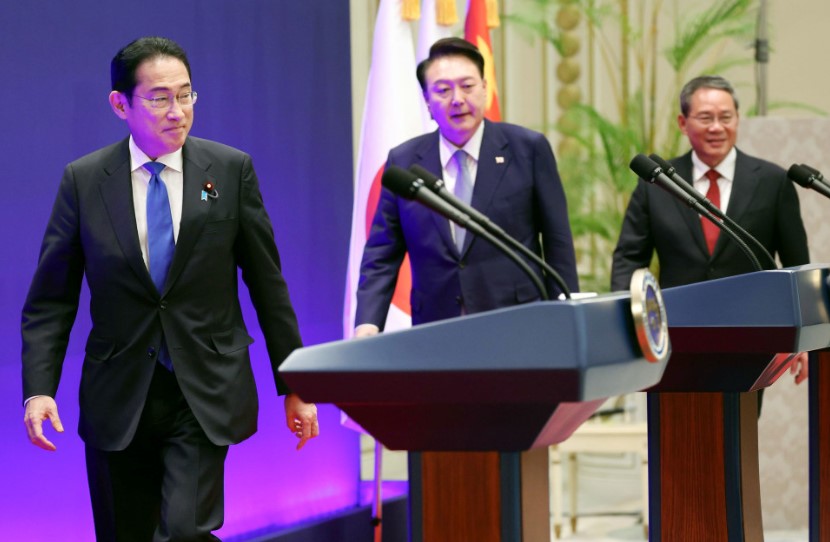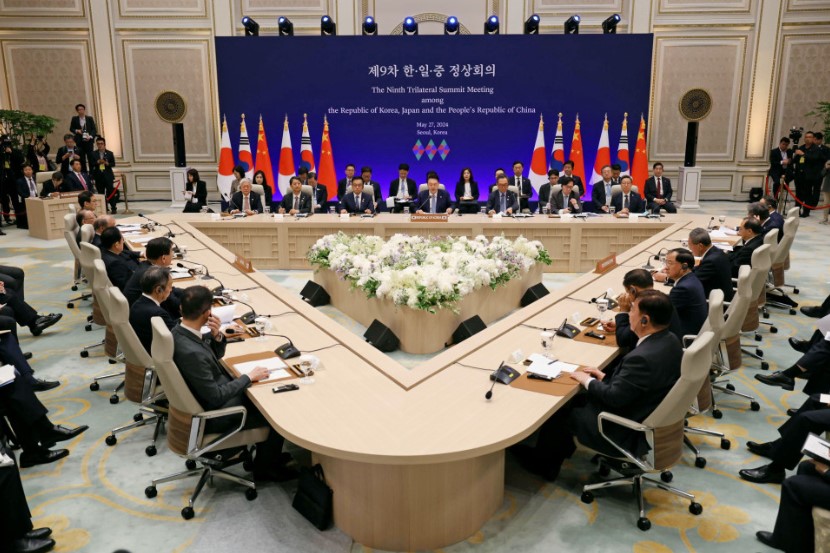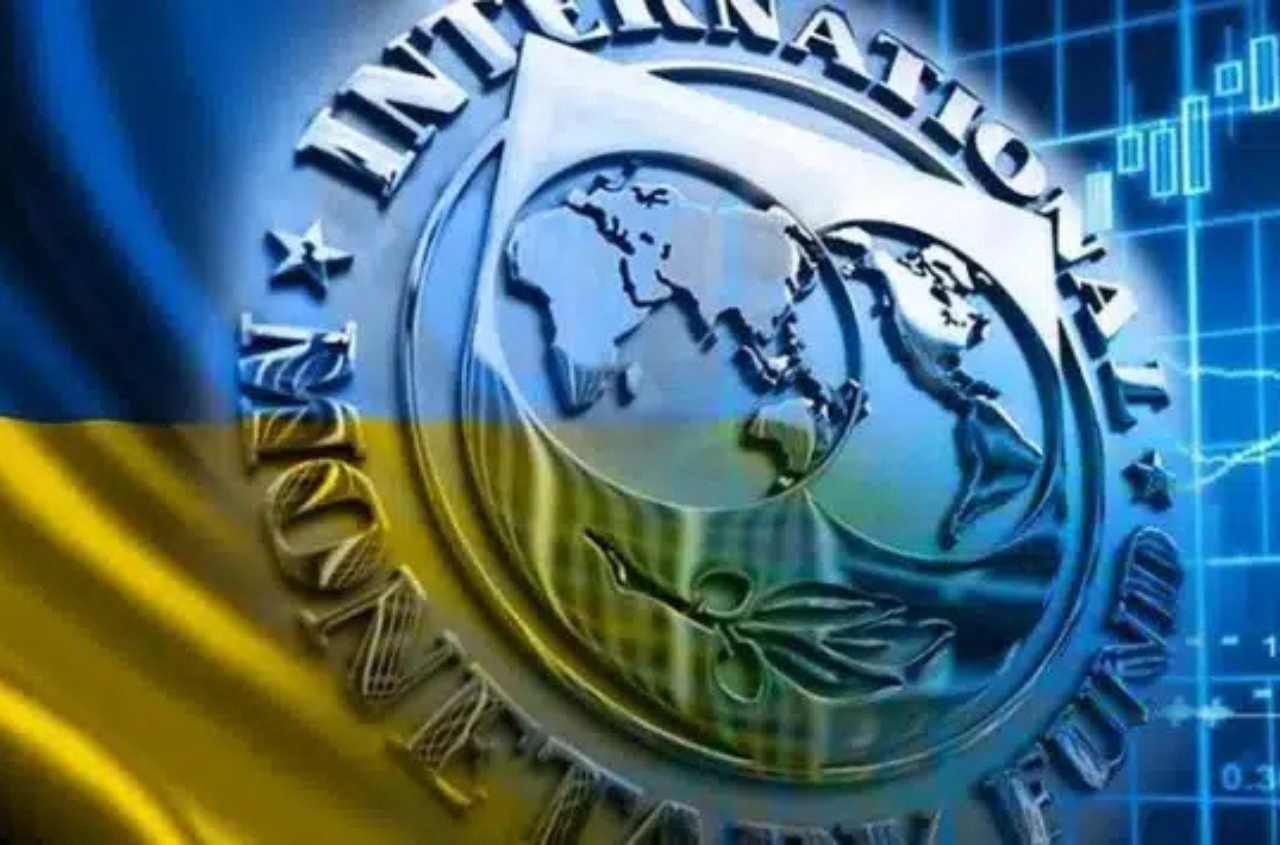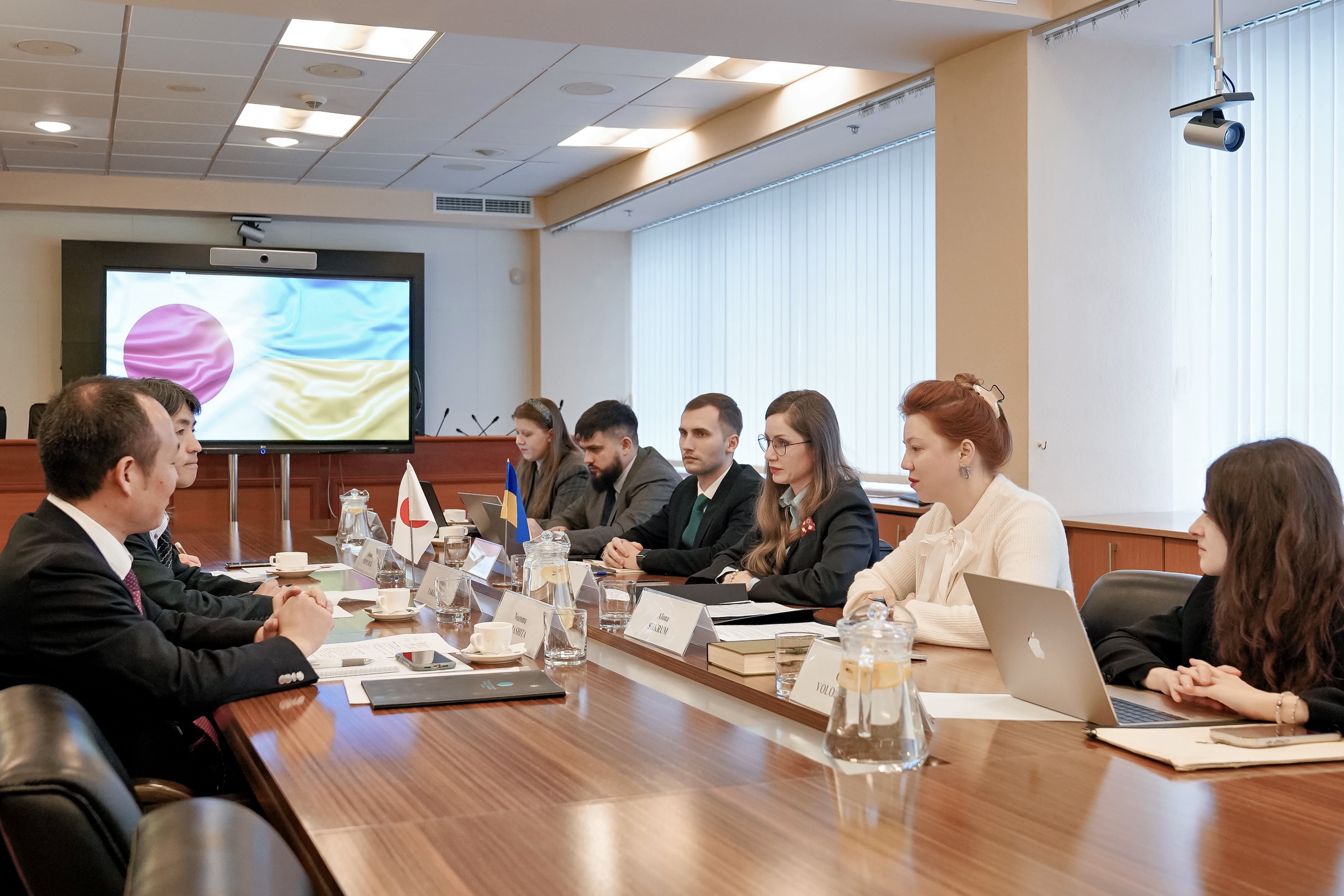Japanese Prime Minister Fumio Kishida, South Korean President Yoon Suk Yeol, and Chinese Premier Li Qiang confirmed the importance of North Korea's denuclearization at a trilateral summit.
This was reported by the Kyodo agency.
"Japan, together with South Korea and China, reaffirmed the importance of North Korea's denuclearization at a trilateral summit on Monday," said Fumio Kishida a few hours after Pyongyang announced plans to launch a satellite-carrying rocket.
In a statement, it was said:
"We reaffirmed our position on regional peace and stability, denuclearization of the Korean Peninsula, and the abduction issue accordingly. We agree to continue to make positive efforts for the political resolution of the Korean Peninsula issue."
This comes amid heightened regional security tensions due to nuclear and missile threats from North Korea.
Earlier, the Japanese government stated that North Korea had informed Tokyo of its plan to launch a satellite-carrying rocket by June 4. The launch may involve the use of ballistic missile technology, which would violate UN Security Council resolutions.

(from L) Japanese Prime Minister Fumio Kishida, South Korean President Yoon Suk Yeol and Chinese Premier Li Qiang prepare to attend a joint press conference following their talks in Seoul on May 27, 2024. (Pool photo) (Kyodo)
At the start of the summit in Seoul, Kishida called on North Korea to cancel the planned satellite launch. Meanwhile, summit chair Yun stated that it would jeopardize regional and global peace and stability.
Meanwhile, Li noted that the role of China, Japan, and South Korea is to "promote development, enhance cooperation in East Asia, and ensure peace and prosperity in the region and the world."
North Korea seeks to deepen relations with China, while Japan and South Korea are strengthening security cooperation.




















